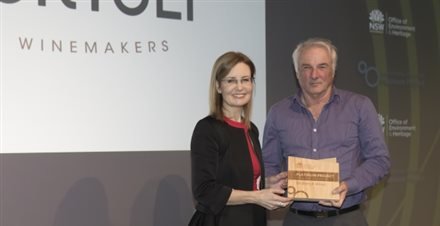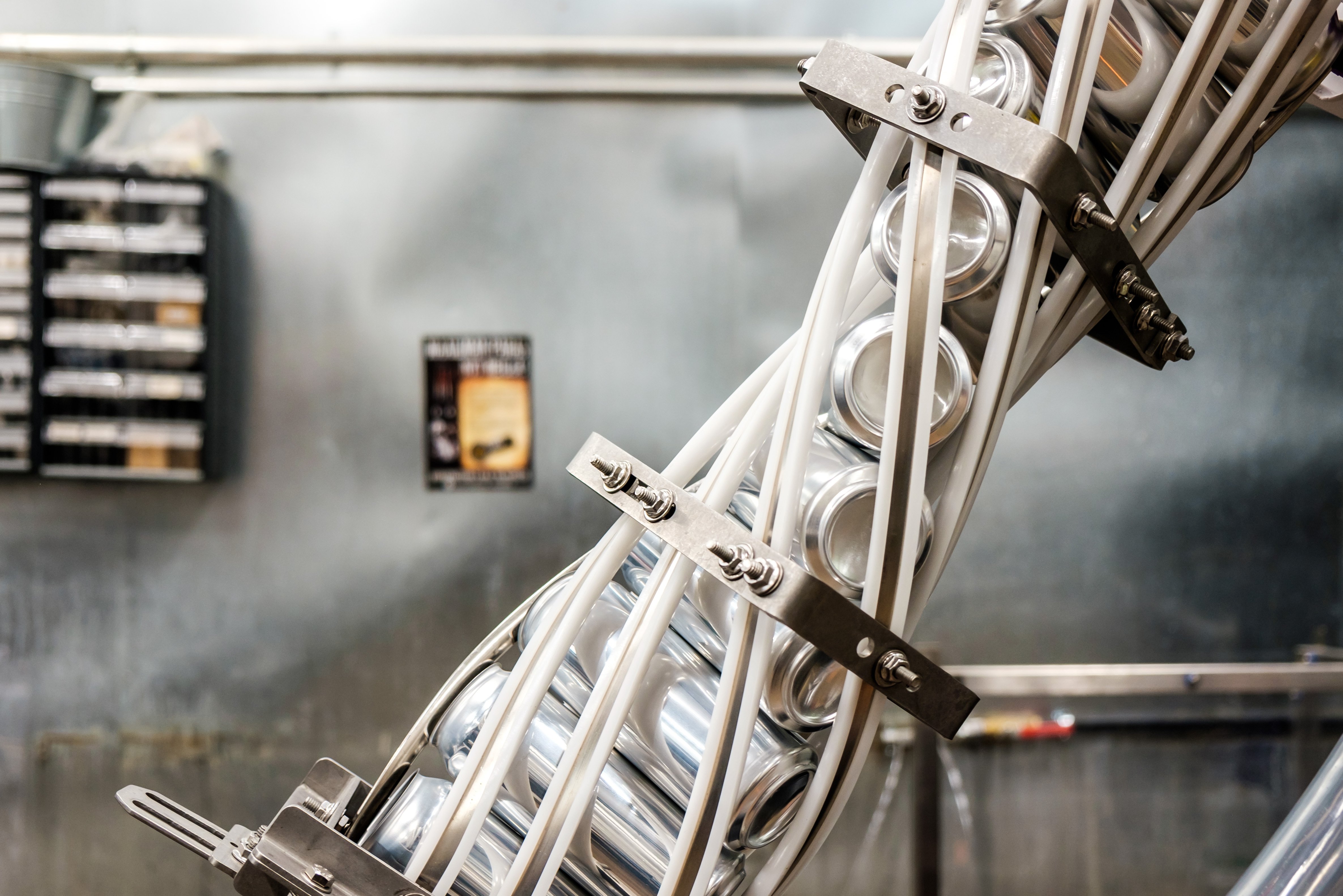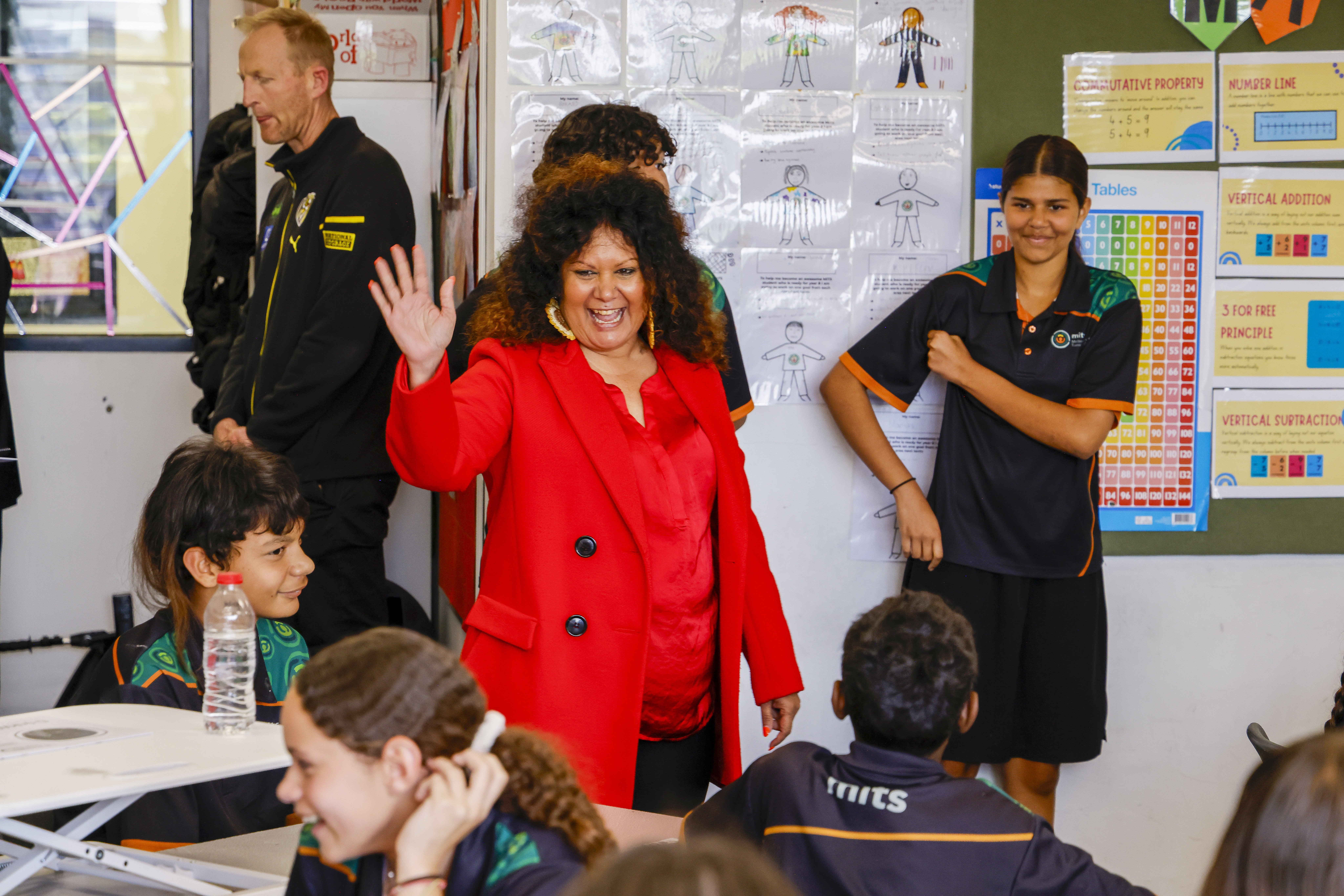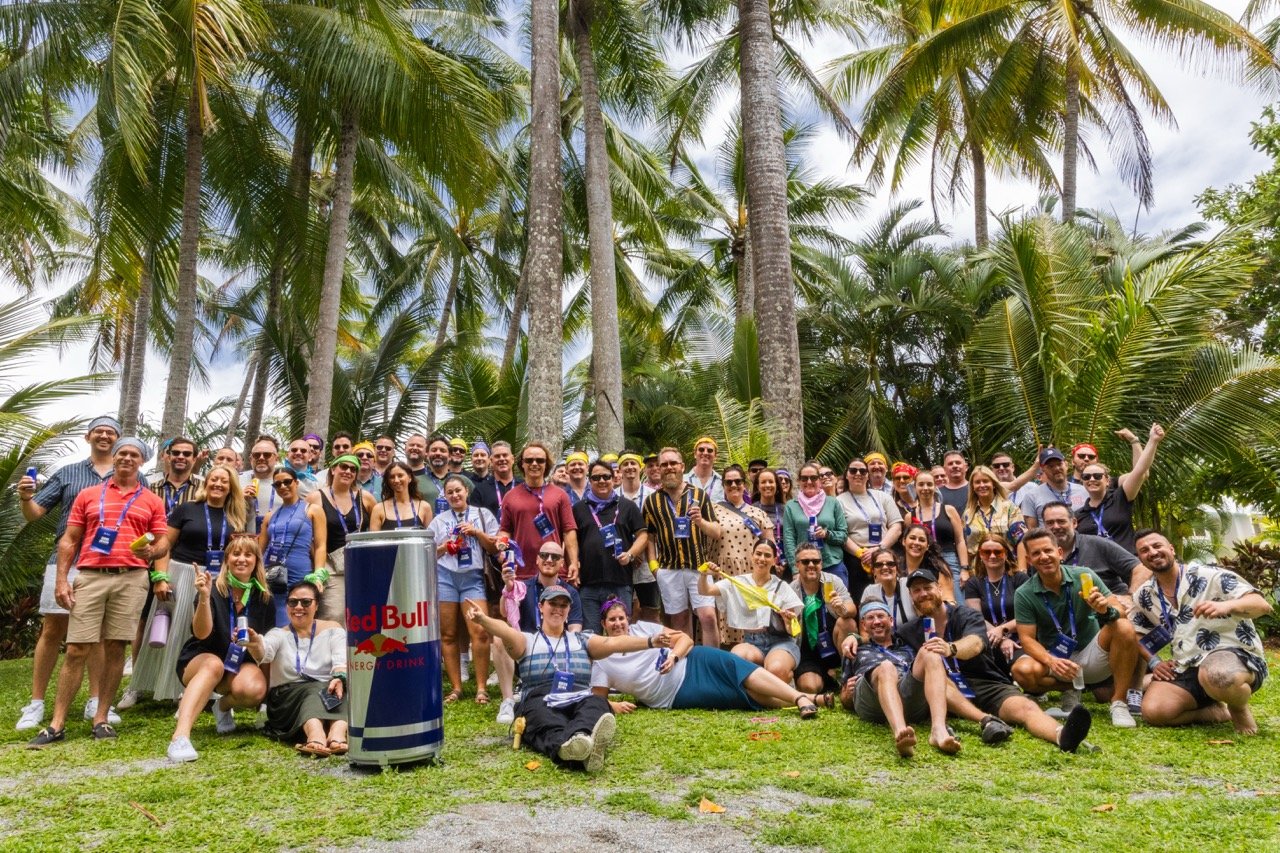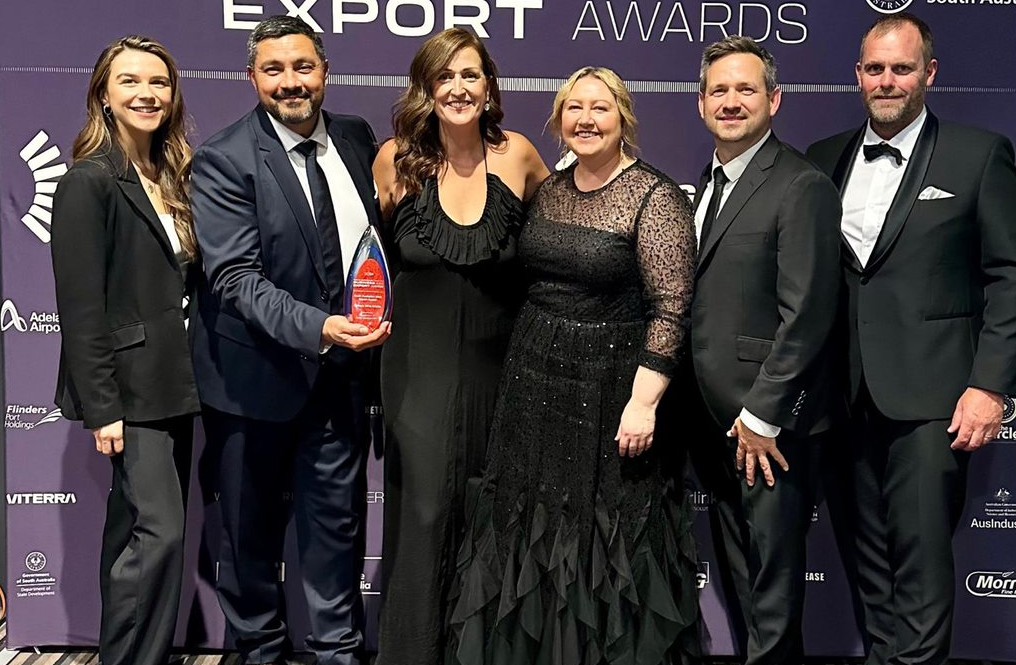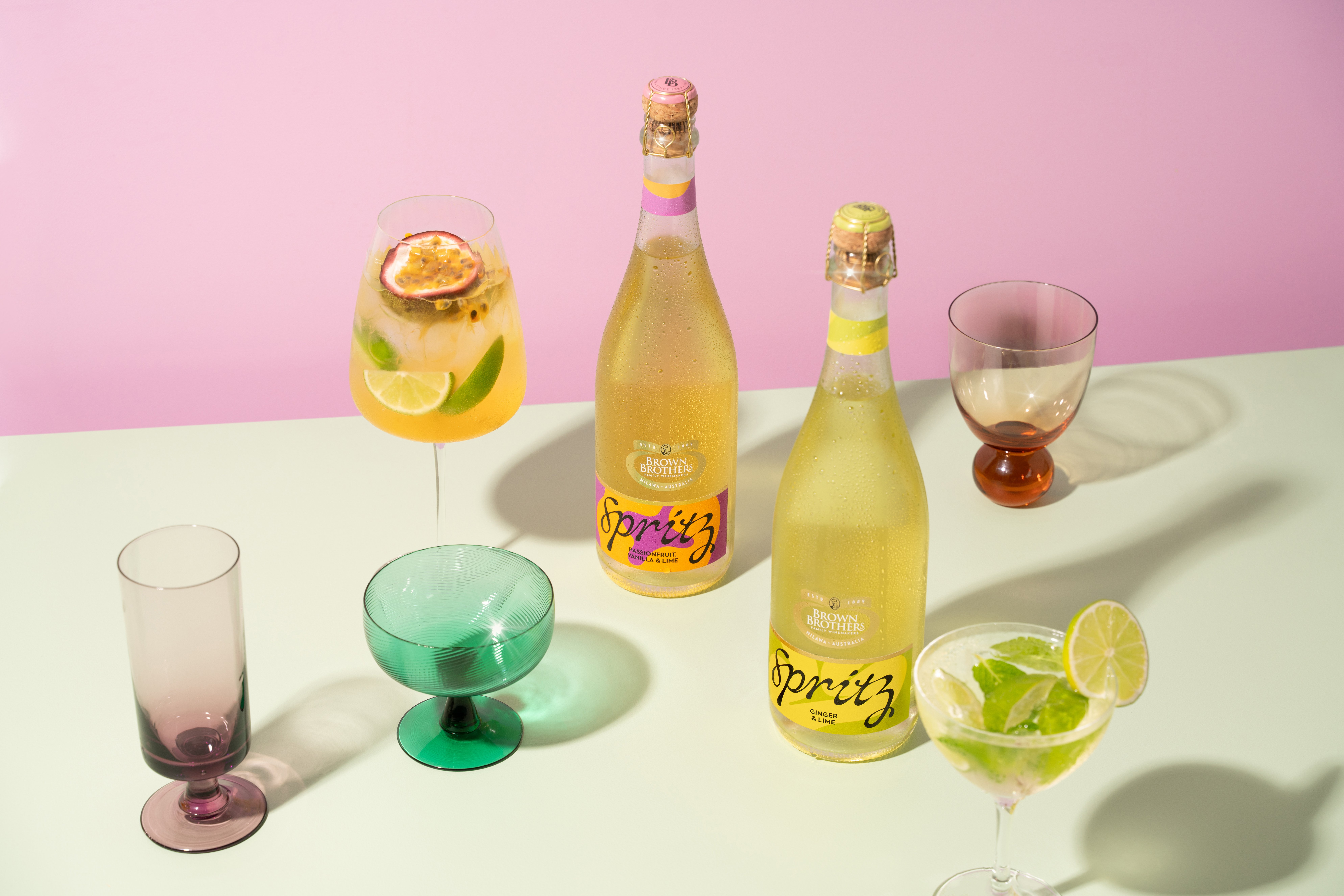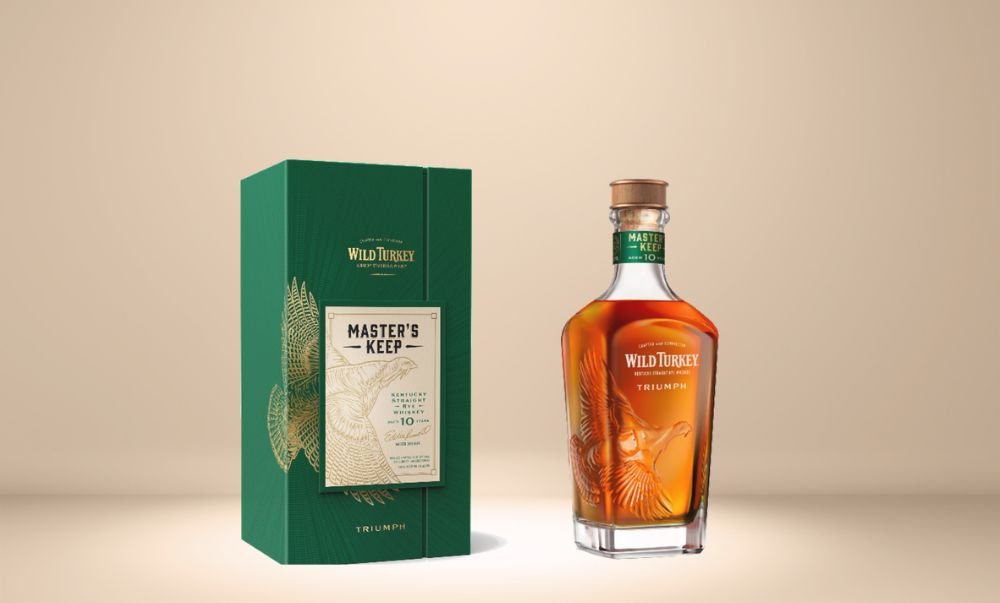Five years in the making, ‘The De Bortoli Method’ is a unique system that utilises electrolysis to recover potassium from spent winery wash water and produces a cleaning solution for reuse in the winery. Originally designed to extend the life of the De Bortoli’s wastewater farm, the system eliminates the environmental impact of potassium build-up in soil while reducing the dependence on caustic sodium-based cleaning agents. The fodder and grain crops that are grown on the wastewater farm are then sold to offset the majority of the company’s wastewater management costs.
The Sustainability Advantage is the NSW Government’s flagship program that supports and enables sustainable practice in the business community. Offered by the Office of Environmental and Heritage (OEH), there are currently only 12 NSW companies that have achieved Gold Partner recognition. This makes De Bortoli’s Platinum Project certificate achievement, given only to those who can "demonstrate innovation, performance and competitive advantage through practices that achieve ‘net zero impact’ on the environment", a huge feat for NSW.
Of the accomplishment, Tom Grosskopf, Director at the Metropolitan Branch, NSW OEH, stated, “De Bortoli Wines is widely recognised as a leader in the business community for its demonstrated commitment to sustainable production and consumption. With this Platinum Project, which is circular by design, De Bortoli Wines should consider itself as a world leader in the pursuit of beyond zero waste and zero harm.”
The De Bortoli Method is just one of the numerous sustainability practices engineered at the winery, with other initiatives including wise water management, energy efficiency and improved waste management.
Darren De Bortoli, Managing Director of De Bortoli Wines, expressed a keen understanding of the need to minimise the company's environmental impact for a sustainable future.
“Our underlying philosophy is that it is up to this generation to manage our resources carefully for the future generations to come. Our ultimate aim is to eliminate waste to landfill from all aspects of viticulture and wine making, and our culture of continuous improvement drives us to explore new and innovative approaches to resource efficiency and waste minimization.
“Great wines begin in the vineyard but it requires everyone in the business to focus on what they can do to support the process, right down to minimising our carbon footprint.” De Bortoli stated.
The De Bortoli Method aims to decrease the tonnage of potassium irrigated on the farm to equal the amount removed by cropping. The technology even has the potential for commercial application across the wine industry, with benefits including the improvement of wastewater recycling and a reduction of the usage of imported caustic cleaners.
With a potential to both deliver savings and lower greenhouse gas emissions, The De Bortoli Method is indeed paving the way for the wine industry to achieve a waste and harm free future.
(You may also be interested in Win for Winemakers as Backpacker Tax Proposal is Slashed)
Share the content
